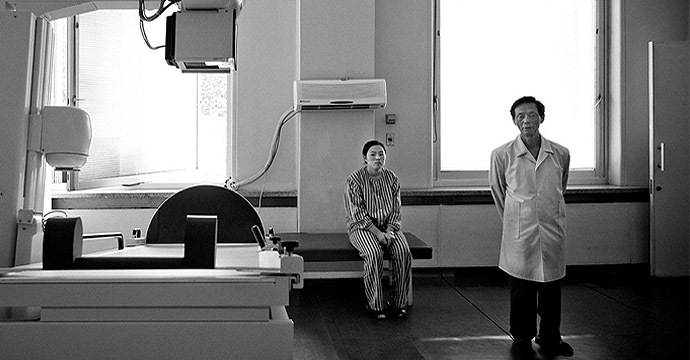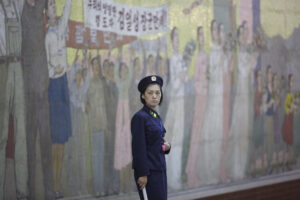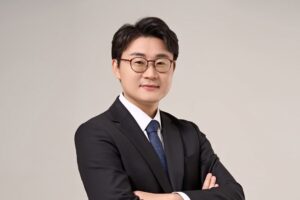In part one of this special series we have introduced the main issues and actors that characterize North Korea's healthcare and social aid system. We have seen that even though a number of problems persist, North Korea has slowly modified its stance towards foreign aid and humanitarian cooperation. The DPRK seems to have accepted the notion that foreign intervention in the country is needed and has set up a few state-supervised NGOs to coordinate help and initiatives that address the needs of more vulnerable elements of society, particularly the disabled, the elderly and young children. This trend has been much more notable since Kim Jong Un took power, and some analysts in South Korea have speculated that it may serve as a shield against the numerous accusations of human rights violations that North Korea has faced.
Other experts however, argue that the DPRK's commitment to improve living standards across the country is more substantial than one may think. In this second part we delve deeper into the characteristics of North Korea's system of social welfare and healthcare. The following is an interview with Katharina Zellweger, who has been involved with humanitarian aid and development projects in the DPRK since 1995 and has made over 50 follow-up trips to the country. She has lived in Pyongyang for five years, from 2006 to 2011 heading the office for the SDC, the Swiss Agency for Development and Cooperation during her resident time in the North Korean Capital. After her work in the DPRK, she spent two academic years at the Asia Pacific Research Center at Stanford University as a resident fellow and is currently a visiting fellow at the Center for International Security and Cooperation.
In part one of this special series we have introduced the main issues and actors that characterize North Korea's healthcare and social aid system. We have seen that even though a number of problems persist, North Korea has slowly modified its stance towards foreign aid and humanitarian cooperation. The DPRK seems to have accepted the notion that foreign intervention in the country is needed and has set up a few state-supervised NGOs to coordinate help and initiatives that address the needs of more vulnerable elements of society, particularly the disabled, the elderly and young children. This trend has been much more notable since Kim Jong Un took power, and some analysts in South Korea have speculated that it may serve as a shield against the numerous accusations of human rights violations that North Korea has faced.
Other experts however, argue that the DPRK's commitment to improve living standards across the country is more substantial than one may think. In this second part we delve deeper into the characteristics of North Korea's system of social welfare and healthcare. The following is an interview with Katharina Zellweger, who has been involved with humanitarian aid and development projects in the DPRK since 1995 and has made over 50 follow-up trips to the country. She has lived in Pyongyang for five years, from 2006 to 2011 heading the office for the SDC, the Swiss Agency for Development and Cooperation during her resident time in the North Korean Capital. After her work in the DPRK, she spent two academic years at the Asia Pacific Research Center at Stanford University as a resident fellow and is currently a visiting fellow at the Center for International Security and Cooperation.
Try unlimited access
Only $1 for four weeks
-
Unlimited access to all of NK News: reporting, investigations, analysis
-
Year-one discount if you continue past $1 trial period
-
The NK News Daily Update, an email newsletter to keep you in the loop
-
Searchable archive of all content, photo galleries, special columns
-
Contact NK News reporters with tips or requests for reporting
Get unlimited access to all NK News content, including original reporting, investigations, and analyses by our team of DPRK experts.
Subscribe
now
All major cards accepted. No commitments – you can cancel any time.










